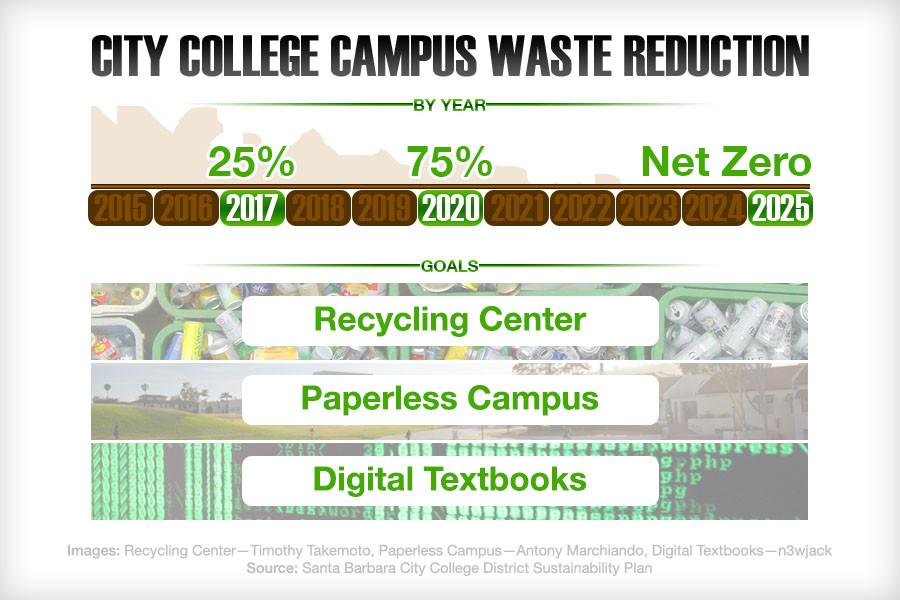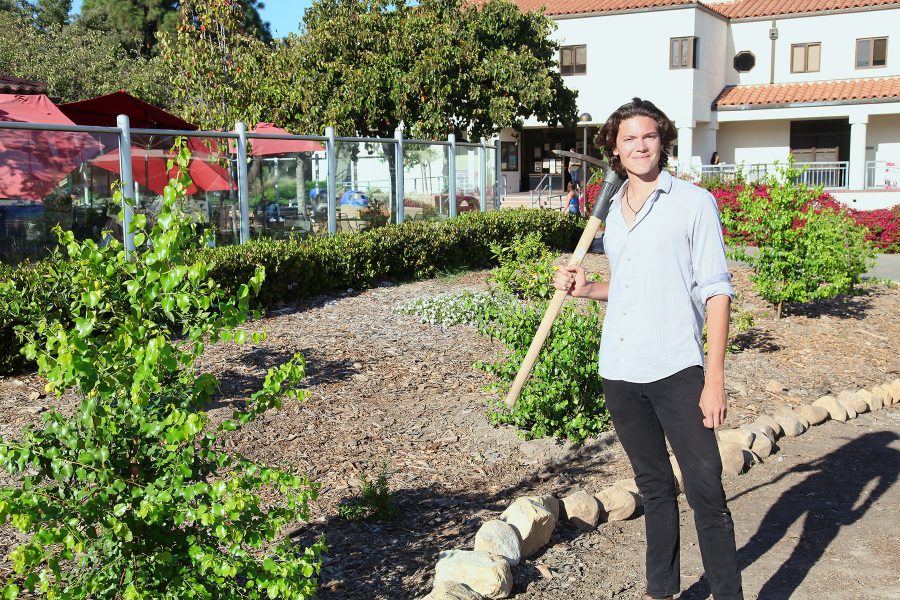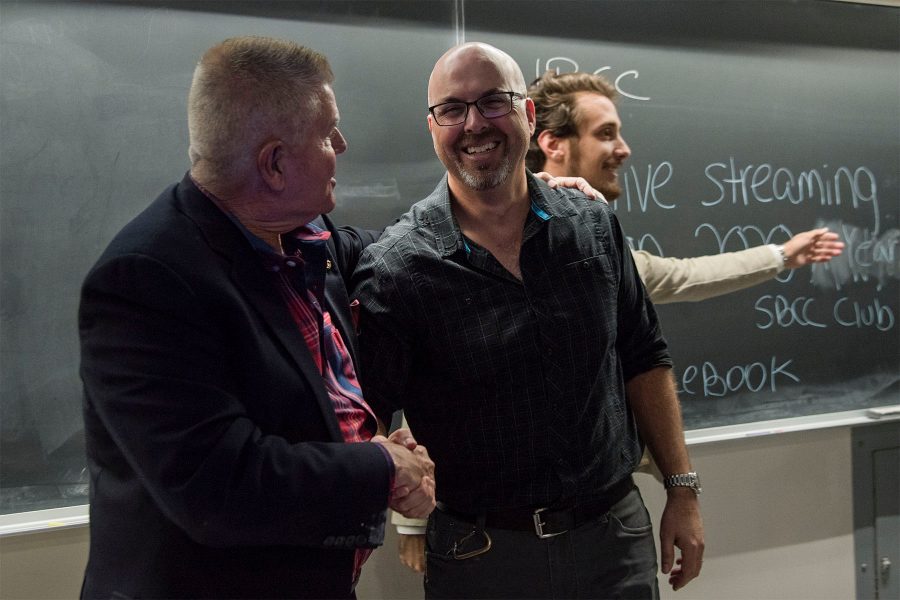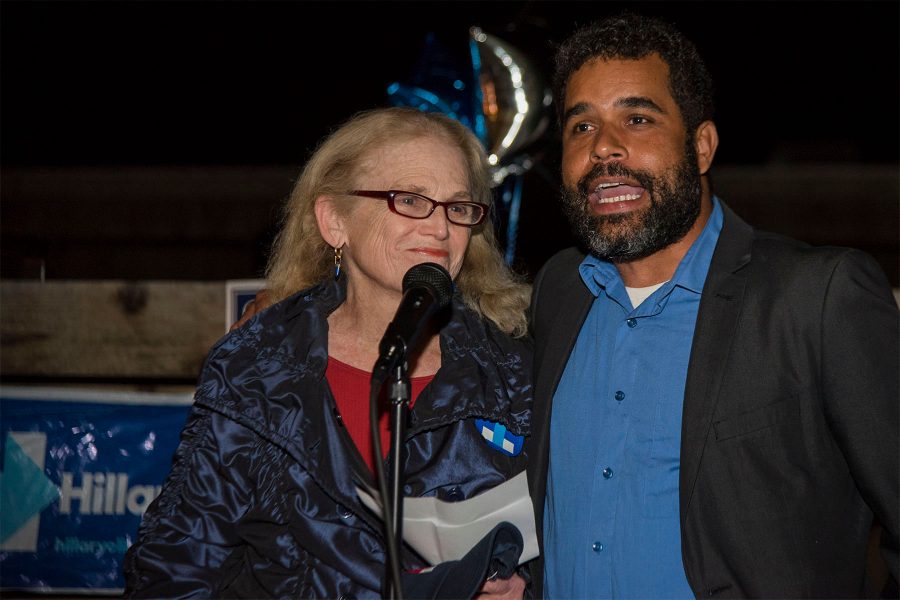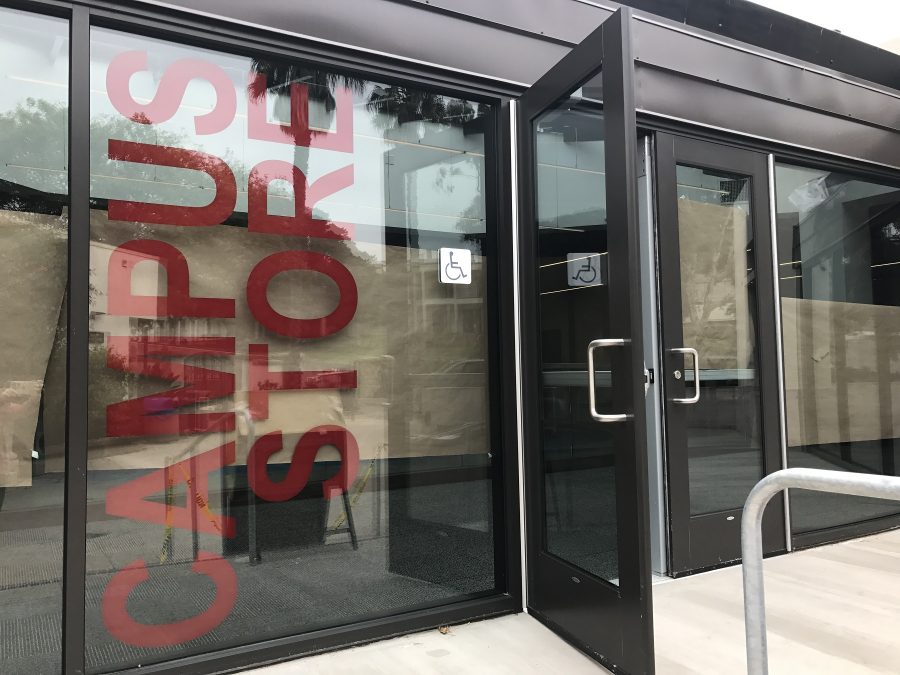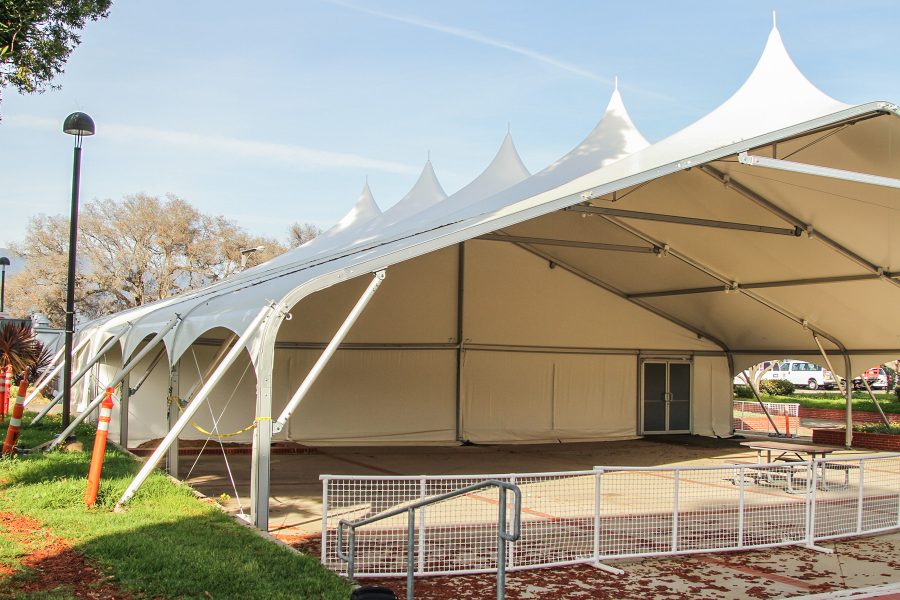City College will be attempting to reduce campus waste and negative environmental impacts by integrating.
The goals will be put in place by the Zero Waste and Awareness program. The program will try to make an impact on waste management practices on campus by increasing the amount of recycling and composting bins available to students.
“The first step with waste is to develop a plan and maintain consistency throughout campus,” said Perrin Pellegrin, the managing partner at Innovative Workshop Consulting and author of the district-wide sustainability plan.
“The college is taking incredible steps towards greater sustainability on campus,” said Student Senator Ethan Bertrand. “I think that as our learning environment is affected by implementation of this plan, students will appreciate the efforts to go green.”
With a “five-pronged approach”, the program aims to reduce, reuse, recycle, educate, and promote the proper disposal of hazardous waste materials.
According to the City College Center for Sustainability, transporting trash costs four to five times more per ton than hauling recycling or other materials.
As a result of implementing additional recycling and composting bins on campus, City College can save money and do its part in protecting the environment.
“Currently bins are different in various locations,” Pellegrin said. “We need to evaluate campus waste and receptacles, and where would be good locations for them. You know, if someone goes to throw trash away and it really needs to be recycled, if the bin is another 50 feet, people aren’t going to do that.”
By increasing the amount of recycling and composting bins available to students, Pellegrin hopes to encourage the participation of implementing environmentally safe practices.
“I was just at the Buzz Shack today, and I’m embarrassed to say I have a throwaway cup because I was running late today myself,” Pellegrin said. “They had a bin that had trash and recycling, and if you look into both of the units, it’s practically the same stuff. To identify the waste and appropriate bins for highest diversion rate is what needs to happen.”
The goals that the Center for Sustainability is attempting to carry out will not only save City College money, it will also promote the protection of natural resources.
These goals would also be complying with the statewide diversion plan to decrease California’s reliance on landfills.
As outlined in the assembly bill AB 341, the goal of the state’s policy is to ensure that “not less than 75 percent of solid waste generated be source reduced, recycled, or composted by the year 2020, and annually thereafter.”
The goals of the college’s sustainability plan are to reduce waste by progressively working up to a net zero waste campus by 2025, and to improve the existing recycling program in order to achieve 75 percent overall diversion of campus waste by 2020.
To completely implement these new standards, students will need to be educated and informed about the topic so that they can effectively take part in the efforts.
“These changes and cultural changes that will take place on campus will happen naturally and gradually based on what is happening within the state of California,” Pellegrin said.
This article contained a factual mistake and since has been updated. Before, AB 341 was quoted as “less than 75 percent…”


